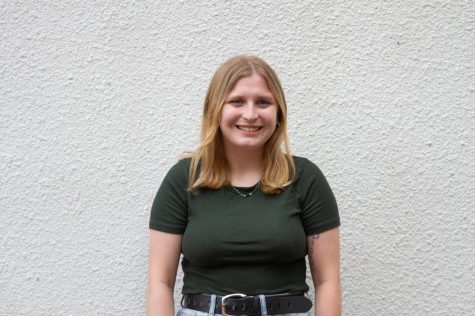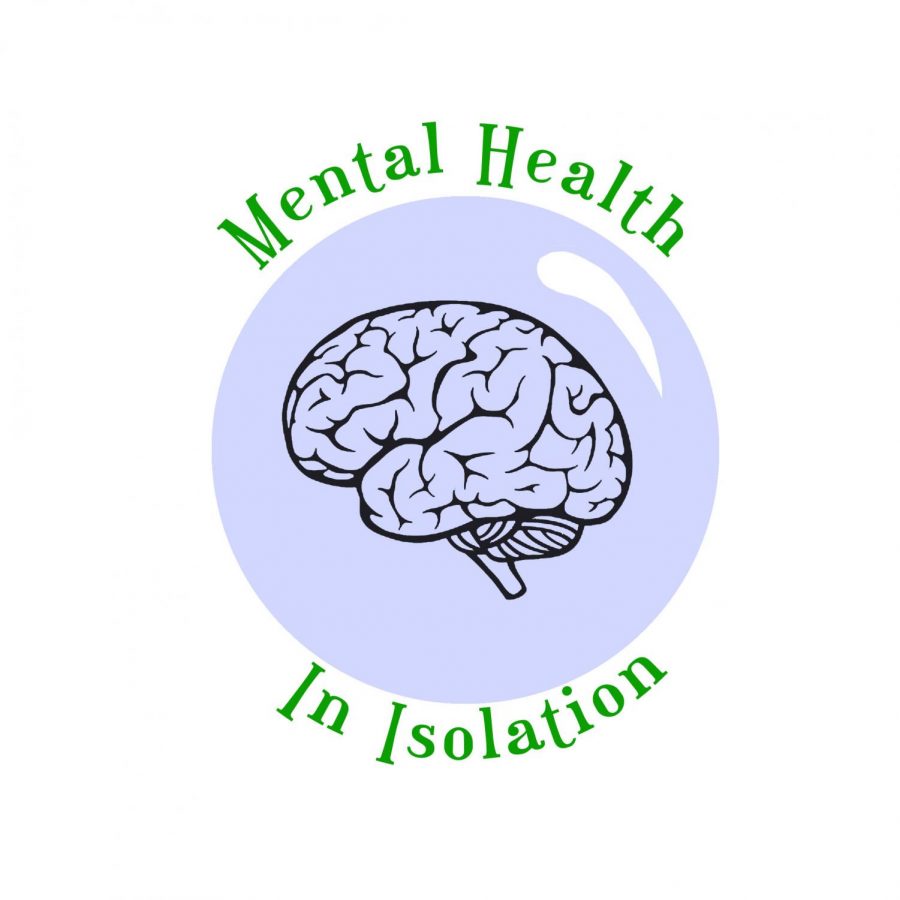Mental health in isolation
Avoidant personality disorder: the lack of research and how COVID-19 affects those with it
Photo by Bethany Mennecke
For this column I want to focus on mental illnesses and disorders that aren’t often talked about in society.
Arguably, no mental illnesses or disorders are discussed enough, but there are definitely some that have been more normalized in the media. This can be great, as it offers an open discussion about these illnesses, but there’s ample room to grow.
This week I want to talk about avoidant personality disorder. This is a disorder I never knew about before doing research so I thought it would be an important disorder to discuss.
According to Cleveland Clinic, AVPD is grouped with other personality disorders characterized by feelings of nervousness and fear. People with AVPD constantly feel they are being judged by others and tend to avoid social interaction because of this.
Some symptoms of AVPD can include:
- Oversensitivity to criticism or disapproval
- Few close friends
- Extreme anxiety and fear in social settings
- Tendency to be shy, awkward and self-conscious in social situations
- Exaggeration of potential problems
- Poor self-image
AVPD is more than just being shy, those with the disorder will go to extreme measures to avoid social gatherings and have very low self-esteem and a warped perspective of self-worth.
An exact cause for AVPD is unknown but it’s believed both genetics and environment can play a role. Those with AVPD often say they experienced either parental or peer rejection, which can affect one’s self-esteem and sense of worth.
A study done by two Australian psychiatry experts claimed experiences of rejection may have lasting effects on how one sees themselves.
If the individual sees the rejection as a personal inadequacy, they are more likely to have negative impacts, especially if they believe their personality cannot be changed.
ADVP is not common in America. It is estimated only about 2.4 percent of the U.S. population has the disorder.
ADVP usually isn’t diagnosed in anyone younger than 18 years old because there needs to be evidence the worrying behaviors will not fade away with time.
In the study, researchers also claimed there hasn’t been much research specifically on AVPD. In fact, most ADVP treatment research is derived from seasonal affective disorder.
They found most studies support cognitive behavioral approaches to relieve symptoms of AVPD.
When receiving treatment for AVPD a mental health professional will design a treatment plan that works best for their patient.
Although it will most likely include talk therapy, treatment differs depending on the patient, the mental health professional and if there are other disorders involved.
Since there isn’t much research done about ADVP in general, there is even less research about how COVID-19 has impacted those with the disorder.
But after I researched what ADVP is and its symptoms, I can make an educated guess those with the disorder are struggling from the lack of socialization due to COVID-19.
If those with AVPD already tend to avoid social situations, adding a global pandemic to their mix probably doesn’t help their anxieties of talking to others.
If you believe you may have AVDP talk to a trusted adult, friend, your health provider or a mental health professional.
Olson can be reached at Olsongm1225@uwec.edu.

Grace Olson is a fourth-year journalism student with a sociology minor and a WGSS certificate. She loves to explore Eau Claire, read, find new music and spend time with her friends and family! Grace will be graduating this December and while excited to finish up school, she is sad to say goodbye to The Spectator.

